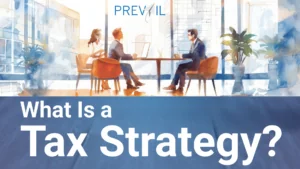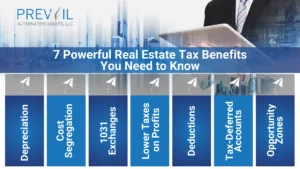Passive real estate investing is one of the most popular strategies that investors use to increase their wealth. While real estate investments can be lucrative, many consider the responsibilities that come with investing in real estate to be somewhat of a chore.
Passive real estate investments can avoid many of the difficulties that come with managing property directly or working through a property manager. Read on to learn more about how passive real estate investing works.
What is Different About How Passive Real Estate Investing Works
When you are a passive real estate investor, you can reap the financial rewards of owning investment property without the difficulties commonly associated with managing real estate. In a passive investment, the “sponsor” usually handles the more difficult aspects of both the transaction and operating the property.
If you like the idea of an income source that requires little effort on your part, passive real estate investing might be what you’re looking for. There is relatively little paperwork involved, someone else deals with the insurance company and bank, and you don’t need to worry about handling tenant issues.
What Are the Possible Benefits?
Passive real estate investing can offers many unique benefits, however, every deal will have a different outcome, and of course, there are no guarantees. But, most investors believe the benefits outweigh any disadvantages.
Passive real estate investing is perfect for anyone not wanting to deal with tenant issues, who have limited time, or who do not want to get involved with repair or maintenance details. Although an active investor can hand these responsibilities to a property manager, that active investor still manages the property manager. Passive investors can have a completely hands-off approach.
Active investors will need to pay emergency or recurring expenses that might be quite high over time. In some cases, those expenses can really cut into profitability. When you have a more passive role, you are free from meeting further expenses after your initial capital expense.
When you have a passive investing role, you also are less likely to bear legal or other responsibilities. The sponsor lines up all of the experts needed to make everything work.
Does Passive Investing Affect Diversification or Your Tax Liability?
Like most investments, it’s a good idea to diversify the kinds of real estate that you invest in. It actually is easier to diversify when you are a passive investor in multiple deals because you are co-invested along with other individuals. That means that instead of being the sole owner/active investor in a property, you can spread your eggs out into a bigger basket with numerous smaller investments.
While each transaction delivers a different return, unlike an active investment, in passive investment, the sponsor ensures that taxes are professionally prepared. The investor sits back and waits for their K-1 to be sent. With active investing, the investor is responsible for bookkeeping duties and tax preparation, often working directly with a CPA if they lack these skills.
Real estate investing can add diversification to your portfolio, is generally not correlated to the stock market, tends to be less volatile than stocks, and often will provide a higher risk-adjusted return. Weighing the pros and cons of passive vs active investing is important and is good to explore before you get involved in your first deal.
Prevail offers the strategies and tools you need to make smart investment decisions, contact us today to get started with passive real estate investing strategies.


















